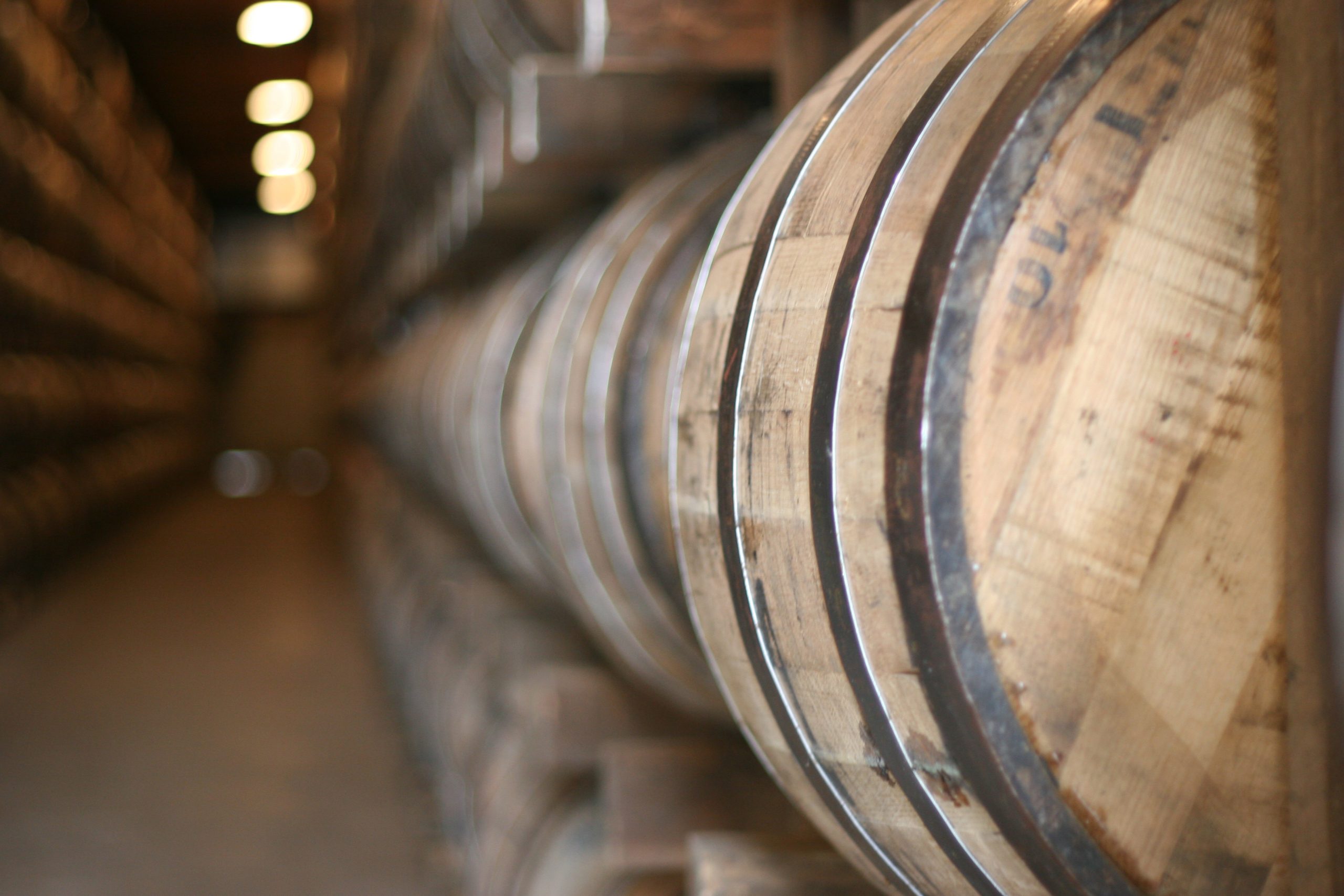This website uses cookies so that we can provide you with the best user experience possible. Cookie information is stored in your browser and performs functions such as recognising you when you return to our website and helping our team to understand which sections of the website you find most interesting and useful.
Dos and don’ts of whisky cask investment
Interest in buying maturing casks of whisky has never been higher, but wise investors seek out the advice of experts – such as those at Bordeaux Index – before taking the plunge. Richard Woodard reports.

At a time of spiralling global inflation and uncertain geopolitics, people are on the lookout for attractive alternative investments – which helps to explain the rising levels of interest in purchasing maturing casks of whisky.
“It’s a long time since we saw inflation running in high single digits, and it’s making a lot of people nervous,” says Matthew O’Connell, CEO of the LiveTrade fine wine exchange and head of investment at Bordeaux Index. “But whisky casks are all but ‘inflation-proof’, and you gain from their aged characteristics in a reasonably mechanical and reliable way.”
The chief attraction of investing in whisky casks is that, typically, a good-quality liquid will become more valuable over time, simply because there is a strong correlation between age and value with maturing whisky – something that doesn’t really exist in fine wine.
However, this is a complex and specialist market that can be beset with pitfalls for the unwary – meaning that wise investors lean on the skills and experience of experts in the field. For a start, every maturing cask follows a different path as it ages, meaning that a rise in quality (and value) is not by any means guaranteed.
“Absolutely,” says O’Connell. “As casks mature, it’s important to review their status in terms of ABV – for example, 40% is the minimum ABV for Scotch whisky; if a cask falls below this, it cannot be called ‘whisky’, and will lose any naming rights it might have had. But in fact ABVs above 45-46% are really required for any reliable further ageing of liquid in cask.
“It’s also important to monitor the quantity of whisky inside the cask, and the profile of the liquid. This is perhaps more important for casks as they reach 12-15 years of age, as casks younger than this will generally speaking not alter too much unless they are unusual cask sizes.
“Quality and character are also hugely significant – for instance, there’s no point in having a 50-year-old cask if it’s undrinkable. As such, it’s important to obtain regular tasting samples (which warehouses will provide for a fee), which can help inform a decision as to when to bottle.”
When it comes to bottling whisky from cask, the issue of naming rights is also worth investigating – most single malts are also brands, and there are some restrictions around use of brand names.
O’Connell explains: “Buying a cask – especially for further ageing – direct from the likes of The Macallan, Clynelish, etc, is almost impossible nowadays, but sourcing such casks on the secondary market is much more feasible. However, it’s important to ensure that they can in future be bottled – independently – with the distillery name shown on the label. Of course, there are various positives with this approach, with flexibility around ageing timelines, potentially cask finishes, bespoke labelling and so on.”
Nonetheless, casks without naming rights offer excellent quality for the true enthusiast. “There is a lot of ‘unnameable’ Speyside and Orkney whisky available in cask from really top distilleries, but without the ability to name those distilleries on the label,” explains O’Connell. “That, however, doesn’t stop the quality of the liquid from being superb.” Really these casks are for collectors only, rather than having interest in an investment context.
It’s also vital to acquire casks from a reputable source, and for the cask in question to have clear provenance, and to be held in a properly registered warehouse. This will also help when it comes to ‘fulfilment’ – the bottling of a cask’s whisky, and the delivery of that whisky to its owner.
Many warehouses offer a bottling service; otherwise, casks can be transferred to a bottling facility instead. The rough cost of this – including choice of bottle shape, closure, foil, labelling options, and so on – is around £4 a bottle, although this will rise for bespoke crystal decanters and custom label designs.
“Once bottled, the stock can be delivered to a location of your choice,” says O’Connell. “It is also important to remember that, unless you are moving the bottles to a bonded warehouse, duty and VAT will be payable before the stock can be delivered.”
While whisky dominates the trade in maturing spirits, casks of Cognac and rum offer a small but growing niche for enthusiasts and investors. “There are far fewer of these casks available, but they’re certainly not impossible to find,” says O’Connell.
“Meanwhile, demi-johns [mature Cognac transferred from cask into glass] are more of a specialist area. The system in Cognac for classifying age statement liquid is quite complex, and as such one needs to use a trusted source who understands the regulations.”

